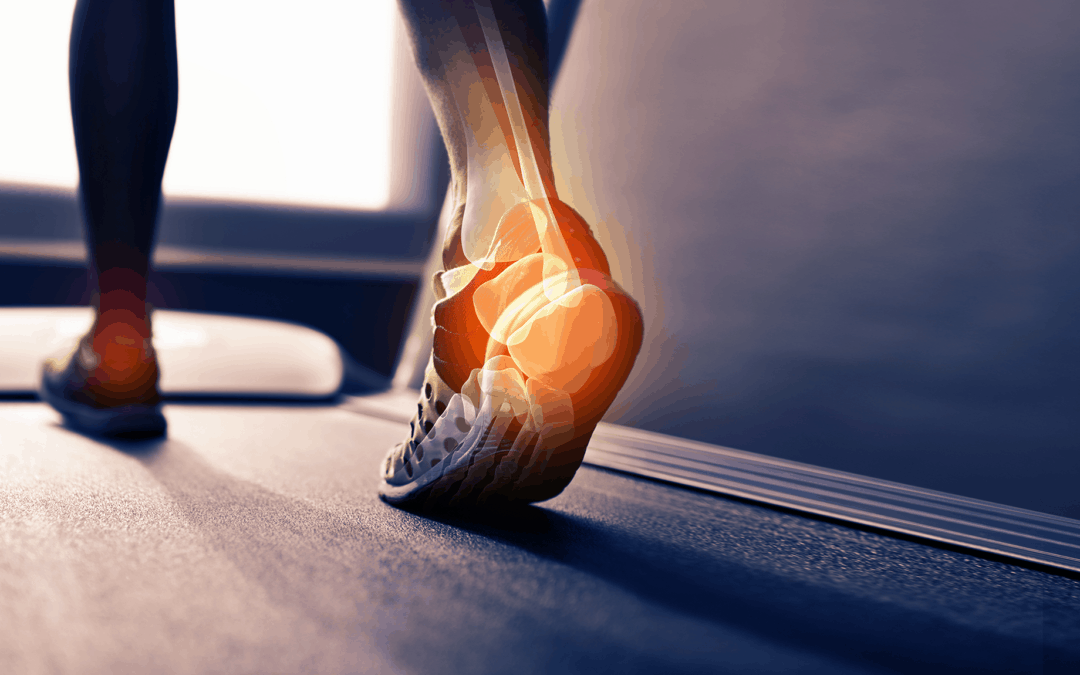Osteoporosis affects approximately 1.4 million Canadians, mainly postmenopausal women and the elderly. By the age of 50, the average Canadian woman has a 40% chance of suffering at least one fracture caused by brittle bones. One in every four Canadian women and one in every eight men over this age will be diagnosed with osteoporosis.
Changes in Bone Growth
If we look at the progression of bone growth throughout our lifetime, bones will steadily grow in length and density until the late teens. After this time, bones continue to increase in density but at a slower rate. Then, when you reach your 20s, bones achieve what’s called “peak mass”. This means that they stop building density and natural bone loss begins. Before menopause, women lose bone at a rate comparable to men (at a rate of one per cent per year). But with the loss of estrogen at menopause, women will lose bone two to six times faster. The rate of bone loss returns to one percent per year ten years after menopause.
Lifestyle Tips to Reduce Bone Loss
- Get moving! Weight-bearing exercises stimulate osteoblasts (bone builders) to deposit in stressed areas of the bone as well as increase the secretion of calcitonin, a thyroid hormone that inhibits osteoclasts (bone breakers). An exercise program for bone building should include weight-bearing activities (jogging, walking, stair-climbing) at least 40 to 60 minutes daily and strength-training activities (weight-training, yoga or pilates) at least three times weekly.
- Avoid soft drinks! Phosphates in sodas bind with calcium from bones and both are excreted in urine.
- Avoid antacids! They lower the acid in your stomach and inhibit the absorption of calcium.
- Don’t smoke!
- Avoid excessive consumption of alcohol.
- Drink at least 1 to 2 litres of filtered water daily. The neutral pH of the water will help keep the body more alkaline by flushing excess acids. You will be more acidic if you are dehydrated.
- Manage stress levels by practicing yoga, meditation and deep breathing exercises.
- Try to consume herbs or teas with high mineral content such as nettles, oatstraw, red raspberry leaves, chamomile, horsetail and dandelion greens.
- Check heavy metals! Cadmium and lead can be stored in bone and increase bone breakdown promoting osteoporosis. The most accurate method of testing is through the urine and can be done by a naturopathic doctor or complementary health care provider.
Studies have also shown that excess animal protein in the diet may promote bone loss. This can cause an increase in calcium being excreted through the urine. Certain animal protein such as red meat and pork can also acidify the blood causing calcium and other minerals to be leached from the bones to buffer the acidity. Healthy protein sources should include chicken, turkey, fish, legumes, organic soy products, nuts and seeds and eggs. Hormone and antibiotic-free lean animal meats should be encouraged.
Foods to Avoid:
- High salt
- Refined sugars
- Refined grains
- Caffeine in coffee, black tea and chocolate
- Alcohol
Maintaining and Building Strong Bones
√ Calcium
√ Magnesium
√ Vitamin D3
√ Vitamin K2
Secret for Healthy Bones: Collagen!
It makes sense that collagen is important for maintaining bone density and flexibility; without flexibility bones are brittle and fracture easily.
Bone is actually made up of 30% collagen! Collagen is the most abundant protein found in the human body however as we age, collagen production decreases putting bone flexibility at risk.
Not only is collagen involved in supporting healthy flexible bones, it is a key structural protein that also supports smooth skin, strong hair and nails. That’s why as we grow older and collagen levels decrease, we notice wrinkles forming and brittle nails. Consider including choline stabilized orthosilicic acid (ch-OSA) into your supplement routine. Clinical trials prove that ch-OSA turns on the cells in your body that generate collagen (fibroblasts). Ch-OSA helps to increase collagen levels for maintaining healthy, flexible bones.
Dr. Marita Schauch BSc ND is a graduate of the Canadian College of Naturopathic Medicine, Canada’s premier institute for education and research in naturopathic medicine. Dr. Schauch’s health articles educate the public about health and wellness and have been featured in numerous print media. She currently resides and has her clinical practice in Victoria B.C. www.drmarita.com

